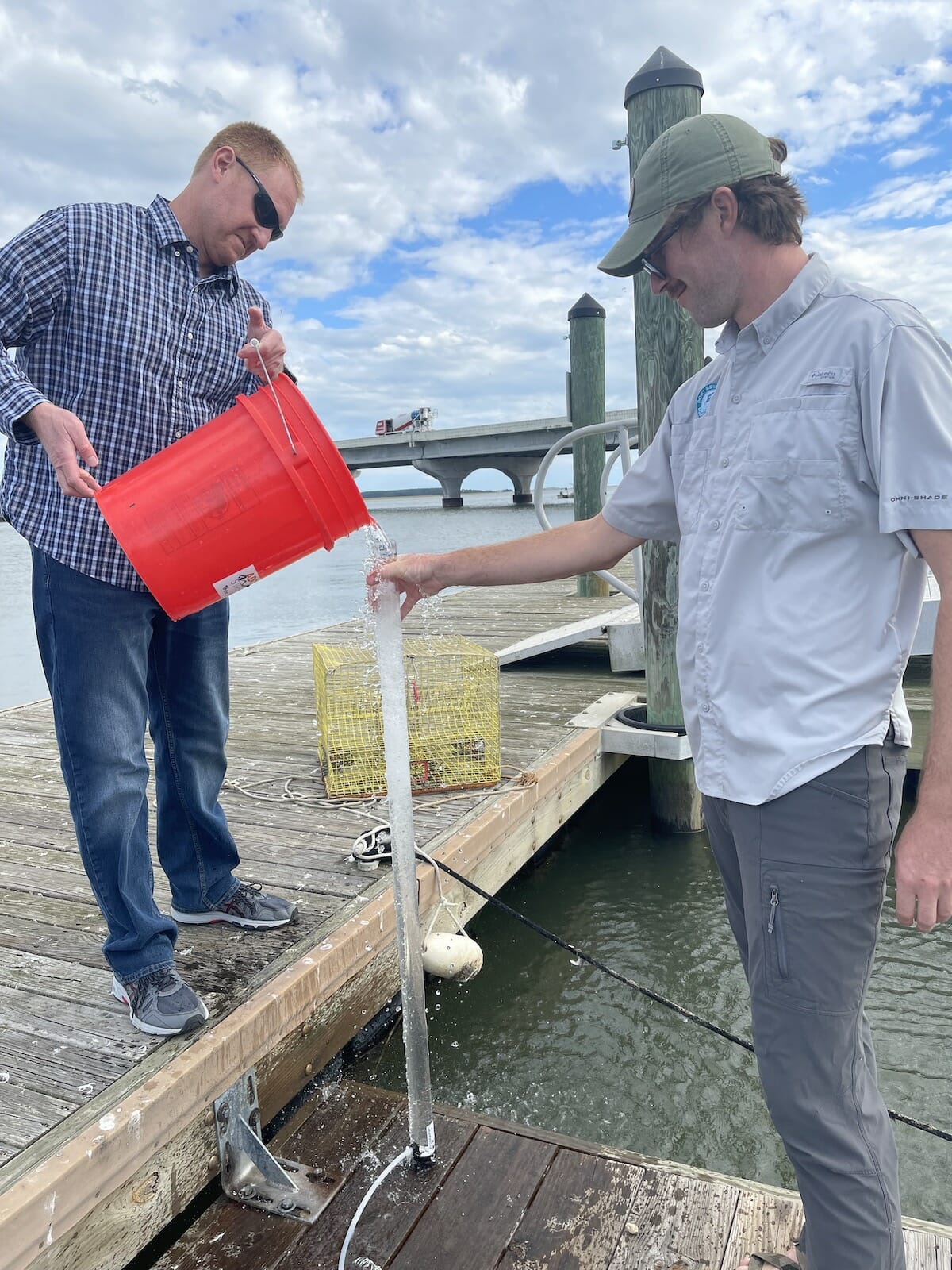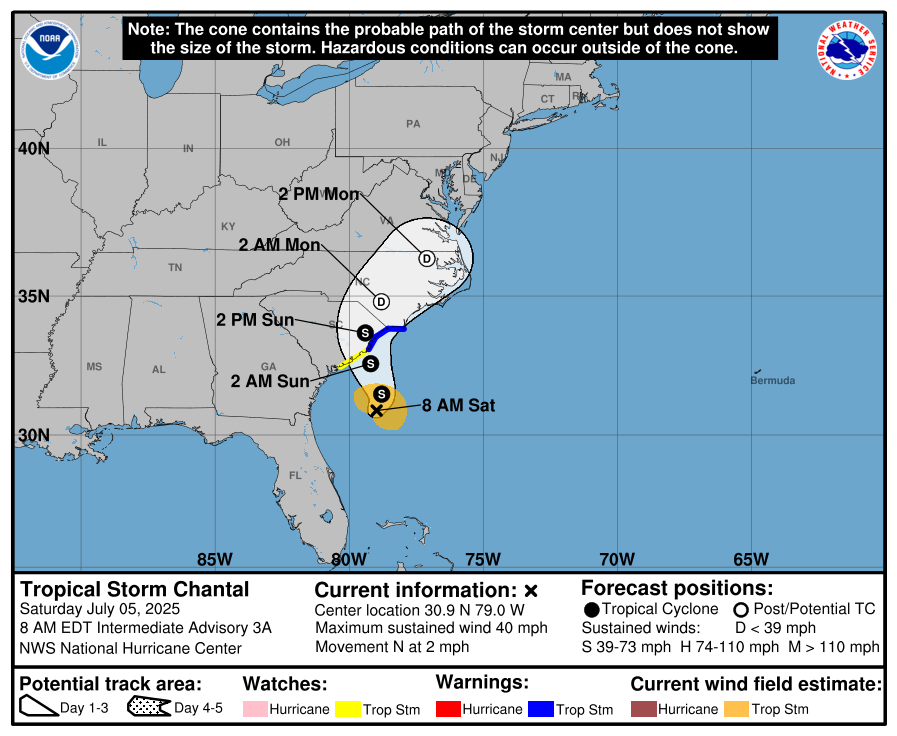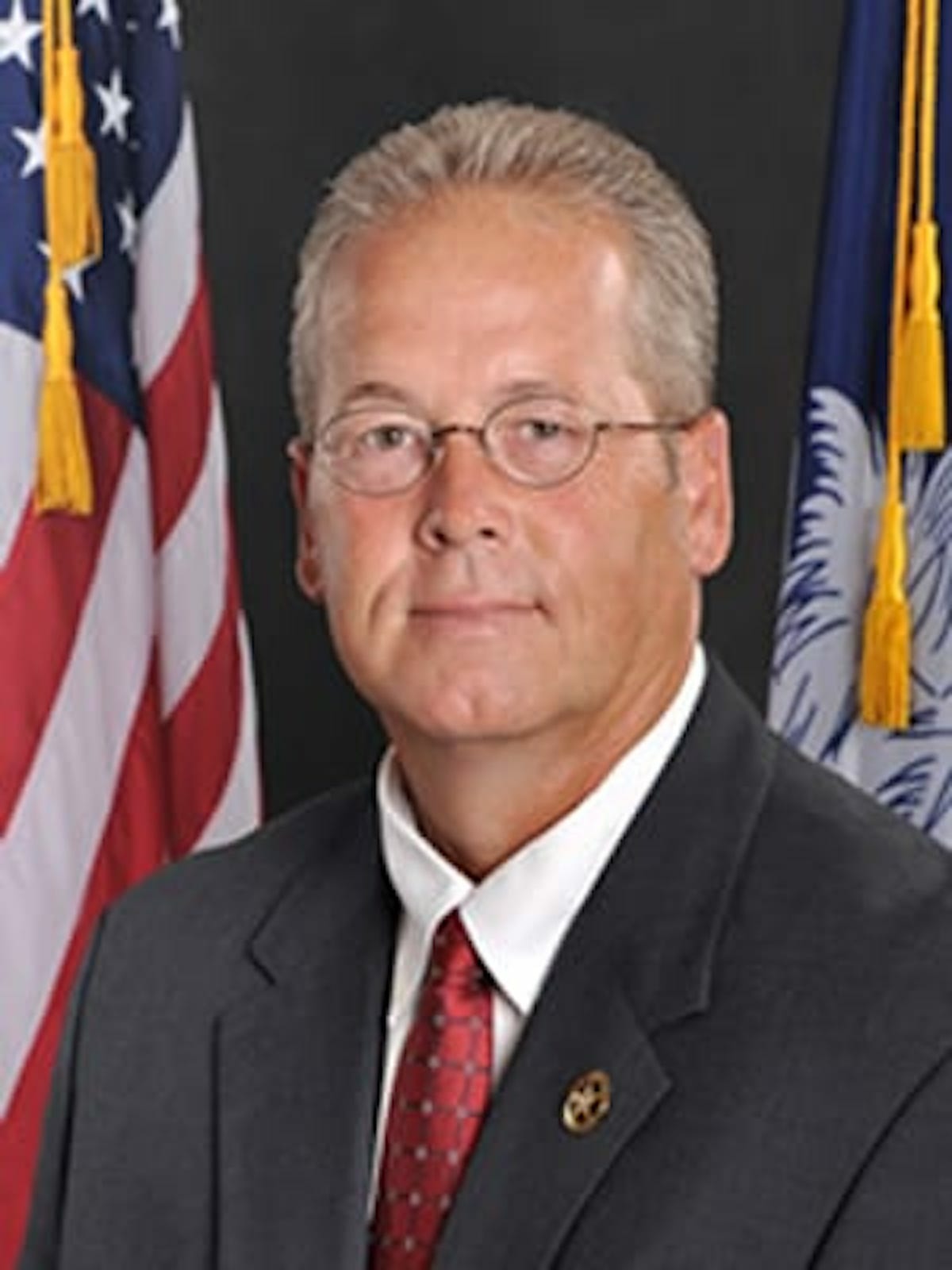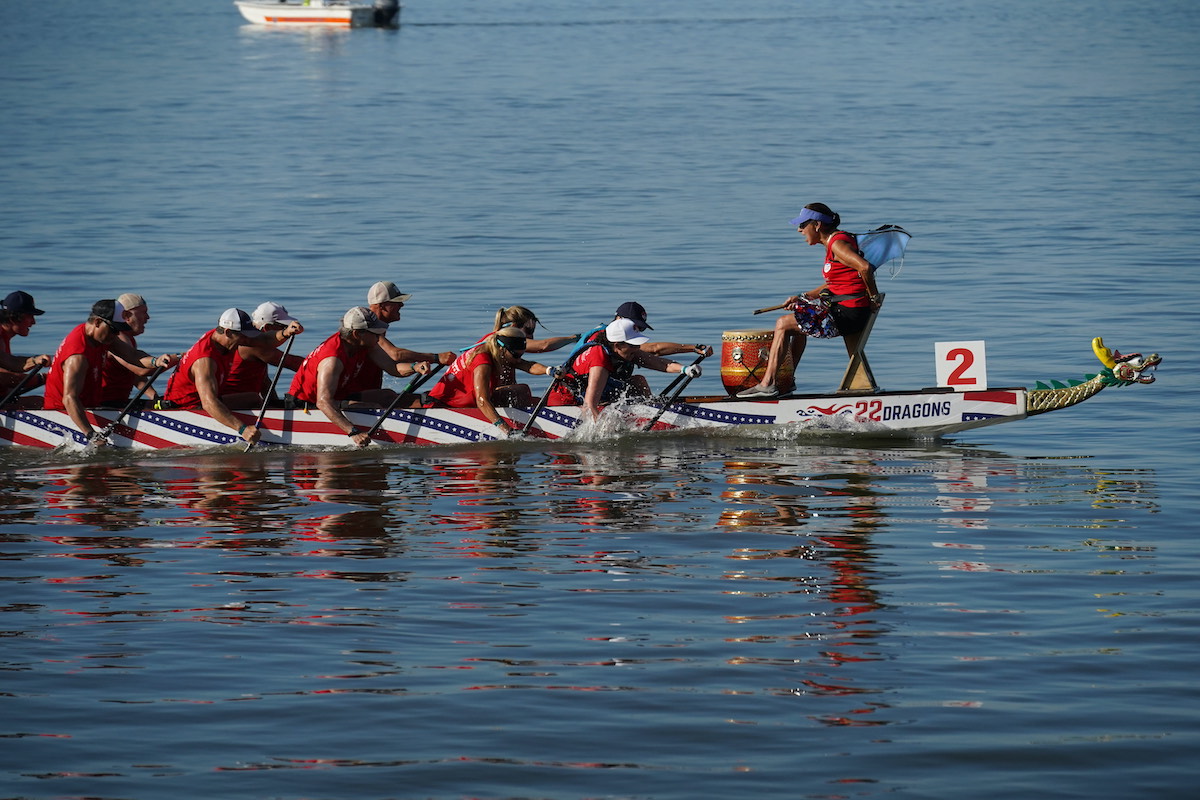By Carol Weir
Would you like to get involved in protecting local waterways as a citizen scientist — no experience or special knowledge required?
In a program new to Beaufort County, local residents are collecting samples, performing simple water quality tests and providing their data to professional scientists. Through South Carolina Adopt-a-Stream, a partnership of Clemson Extension, the Port Royal Foundation and University of South Carolina Beaufort (USCB), more than 30 volunteers have been trained to collect saltwater, test it and record their results.
Six small groups of volunteers are testing monthly at sites at Moss Creek, Sun City Hilton Head, Port Royal, Lady’s Island and Callawassie Island.
“Volunteers can play an important role in monitoring and tracking water quality over space and time, and they are entering information that we need into an online, public database,” said Tye Pettay, an assistant professor of Biological Oceanography at USCB and one of the project’s leaders.
South Carolina Adopt-a-Stream promotes watershed stewardship, engagement, and education through involvement. In August, the Beaufort County volunteers attended in a day-long training session where Port Royal Foundation Director of Operations Chris Kehrer taught them to measure water clarity, temperature, salinity, Ph and dissolved oxygen using equipment kits provided by Clemson Extension. The volunteers also learned why the chemical and bacteria parameters they are testing for are important to aquatic life, the significance of different levels, and how these levels can be affected — for example, by increased freshwater runoff from new development.
Kehrer said that when he has enough new volunteers, he’ll conduct another training.
“You don’t need any special knowledge or experience to join this effort,” he said, adding that citizen outreach is part of Port Royal Sound Foundation’s mission. “You just need to care and want to learn.”
The Adopt-a-Stream kits — red buckets filled with simple scientific instruments assembled by Clemson Extension — cost $500 to $600, and several local agencies have them to loan to volunteers. Port Royal Foundation has two kits, USCB has one and the S.C. Department of Health and Environmental Control (DHEC) and S.C. Department of Natural Resources also have kits available for loan to certified SC AAS Volunteers. Some groups of volunteers choose to purchase their own kits from the program’s website.
Soon, Pettay and Kehrer plan to take the program “a step further and start looking at nutrients including chlorophyll, species of phytoplankton and suspended solids,” Pettay said. This is beyond what the Clemson equipment kits can do, so in January, the volunteers will begin submitting their samples to Pettay’s lab in USCB’s Marine Science Department, where students will run tests on them.
Pettay stressed that the work that the citizen scientists do doesn’t replace professional water quality testing by DHEC and SCDNR.
“This is a huge area, waterwise. It’s massive,” he said. “Our efforts support what they do.”
Eventually, Kehrer and Pettay hope to have 40-50 volunteer groups testing at sites around the county on the New River, Chechessee River and other locations.
For more information about the Adopt a Stream Program or to volunteer, contact Chris Kehrer at ckehrer@portroyalsoundfoundation.org.








